President Ruto's Administration: A Series of Legal Hurdles
In a tumultuous period filled with court actions and legal skirmishes, President William Ruto's administration has faced multiple judicial setbacks. From appointments being quashed to policy initiatives being halted, the grip of the judiciary on the executive arm has been unyielding. The ongoing developments have stirred a robust debate about the trajectory of governance under Ruto’s leadership and have raised questions about the administration's ability to navigate these legal challenges.
Restricting Protest Control Measures
One of the significant contentious issues was resolved in the High Court at Malindi. The court issued interim orders prohibiting the use of water cannons, tear gas, and live ammunition to control protesters. This ruling came amid heightened civil unrest and public demonstrations. The decision underscores the judiciary's stance on upholding civil liberties, even as the government contends with public order challenges.
Protesters had often been met with harsh dispersal tactics, leading to human rights organizations voicing their concern. As such, the court's decision was seen as a victory for human rights advocates who had long argued for non-violent methods of crowd control. This case highlighted the tension between the necessity for maintaining public order and respecting the constitutional rights of the citizens.
Quashing Key Appointments
In another significant ruling, the High Court in Nairobi quashed the appointment of Anthony Mwaura as chairman of the Kenya Revenue Authority (KRA). Mr. Mwaura was under investigation for an ongoing corruption case, casting a shadow over his appointment. The court's decision reflected the judiciary's commitment to ensuring that public offices are not tainted by individuals facing legal scrutiny. Such rulings emphasize the need for transparency and accountability within governmental appointments.
This decision came as a blow to President Ruto's administration, which had placed considerable emphasis on the appointment of key personnel to spearhead various initiatives. The move also rekindled discussions about corruption within the government and the need for an unblemished track record for public office bearers.
Challenges to the Task Force on Health
The Presidential Task Force on Human Resources for Health faced stiff resistance from pressure groups who argued that the body was unconstitutional. The task force was envisioned as a mechanism to address the myriad issues plaguing Kenya's health sector. However, the legal challenge underscored the necessity for adhering to constitutional mandates when forming such bodies.
The health sector in Kenya has been a point of contention, with issues such as inadequate staffing, poor working conditions, and insufficient funding taking center stage. The legal challenge to the task force has subsequently put a spotlight on the government's approach to solving these systemic issues and has prompted a re-evaluation of strategies going forward.
Audit on Public Debt Temporarily Blocked
Furthermore, a task force appointed to audit public debt was temporarily blocked pending the determination of a petition. This audit was considered crucial in understanding and addressing the nation’s burgeoning public debt. The court's intervention has delayed a key initiative aimed at ensuring financial transparency and accountability within the government's fiscal policies.
Kenya's mounting public debt has been a cause for concern among economic experts and the general public. The temporary block on the audit has fostered debate about the government's commitment to transparency and has highlighted the challenges of implementing necessary financial reforms amid legal wrangles.
Universal Health Coverage Plan Nullified
In one of the most publicized cases, the Supreme Court nullified President Ruto's administration's Universal Health Coverage (UHC) plan. This ruling struck down laws enacted to replace the National Hospital Insurance Fund (NHIF) and was a significant blow to one of the government's flagship initiatives. The court held that the enactment process had procedural deficiencies that could not be overlooked.
The ambition behind the UHC plan was to provide accessible and affordable healthcare to all Kenyans, a goal that resonates deeply with the populace given the universal challenges in healthcare access. The nullification of this plan has consequently necessitated a reassessment of the legislative and implementation strategies to realize the UHC's objectives.
Commission of Inquiry's Mandate Overstepped
Additionally, a commission of inquiry set up to investigate deaths in Shakahola, Kilifi County, was quashed for exceeding its constitutional mandate. This decision highlighted the importance of adhering strictly to constitutional provisions when setting up investigative bodies and the judiciary's vigilance in ensuring that these mandates are not overstepped.
Such legal judgments bring to light the delicate balance that needs to be maintained between investigative initiatives and constitutional boundaries. The quashing of the commission not only underscores judicial oversight but also serves as a cautionary tale for future commissions and task forces.
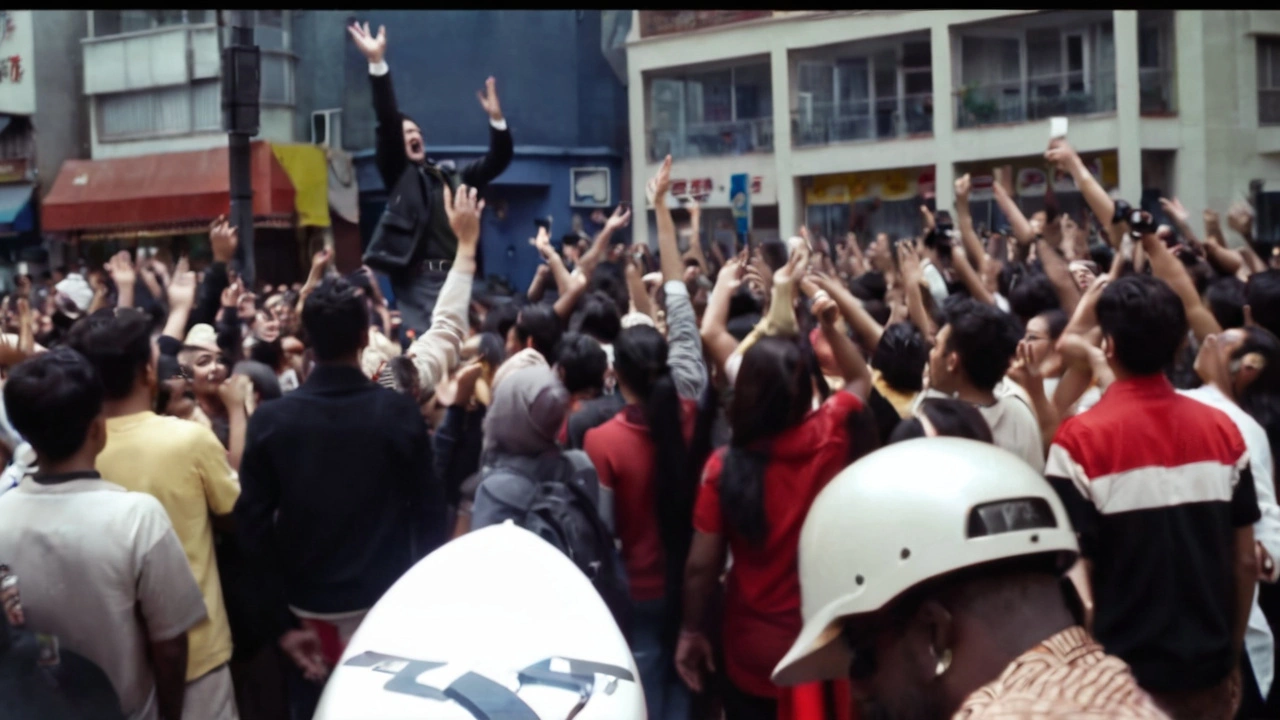
Impact and Broader Implications
The series of legal challenges faced by President Ruto's administration have far-reaching implications. They shed light on the robust checks and balances inherent within Kenya's political framework. These court rulings also reflect a judicial branch that is unafraid to assert its authority and uphold constitutional mandates, even when it means clashing with the executive arm.
The ongoing debates sparked by these rulings revolve around governance, accountability, and the interplay between different branches of government. Critics argue that these legal setbacks are indicative of an administration that may need to recalibrate its approach to policy-making and implementation. Supporters, on the other hand, may view these as temporary hurdles that can be overcome with refined strategies and adherence to legal frameworks.
As President Ruto's tenure progresses, the administration's ability to navigate these legal challenges will be closely watched. The outcomes of these cases will not only shape the immediate policy landscape but will also set precedents for future administrations. In this context, the role of the judiciary as a guardian of the constitution and a check on executive power becomes ever more significant.
The broader implications for Kenya's democracy are profound. A judiciary that actively checks executive actions is vital for the health of the democratic process. It ensures that power is not concentrated in one arm of government and that the rule of law is upheld. For President Ruto and his administration, these legal battles present both a challenge and an opportunity to demonstrate a commitment to constitutional governance and the willingness to refine their approaches in light of judicial decisions.
The road ahead for Ruto's administration is undeniably complex. As the legal battles continue, the administration will have to make strategic adjustments to its policies and approaches. Each court ruling provides a lesson, and each legal challenge offers a chance to bolster the legal and procedural underpinnings of government initiatives. This ongoing interplay between the judiciary and executive will ultimately shape the future trajectory of Kenya's governance.
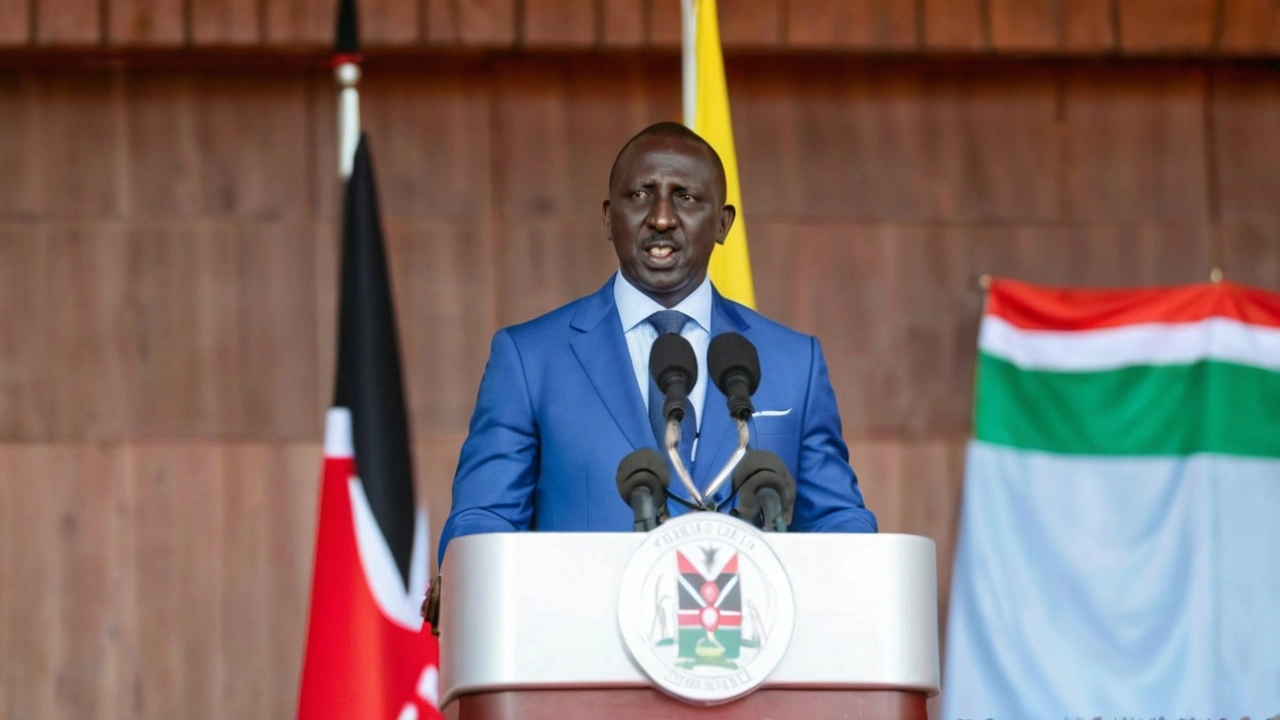
Conclusion
President William Ruto's administration has found itself repeatedly at odds with the judiciary as various initiatives and appointments have been halted or struck down by court rulings. These legal challenges span crucial areas including public health, governance, financial transparency, and civil liberties. As these legal battles unfold, they underscore the significance of judicial oversight and the need for strict adherence to constitutional mandates. The administration’s ability to navigate these challenges will be crucial in shaping both its legacy and the future direction of Kenya’s governance landscape.

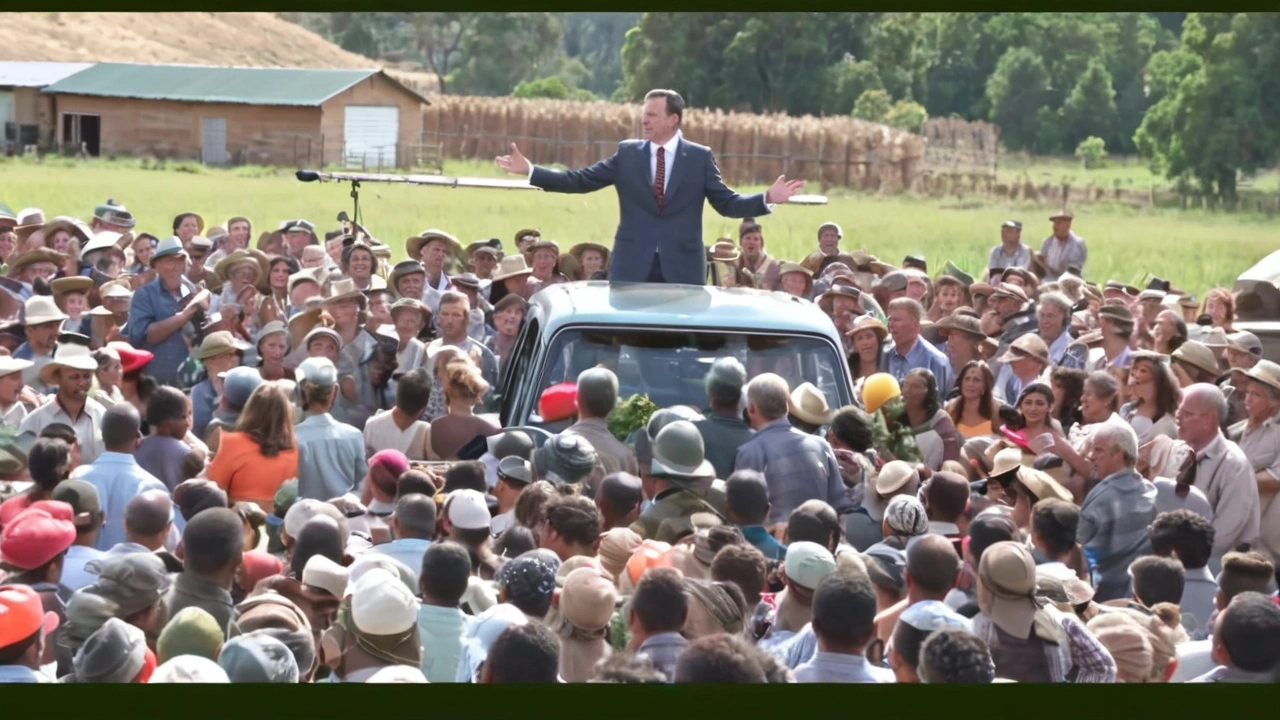
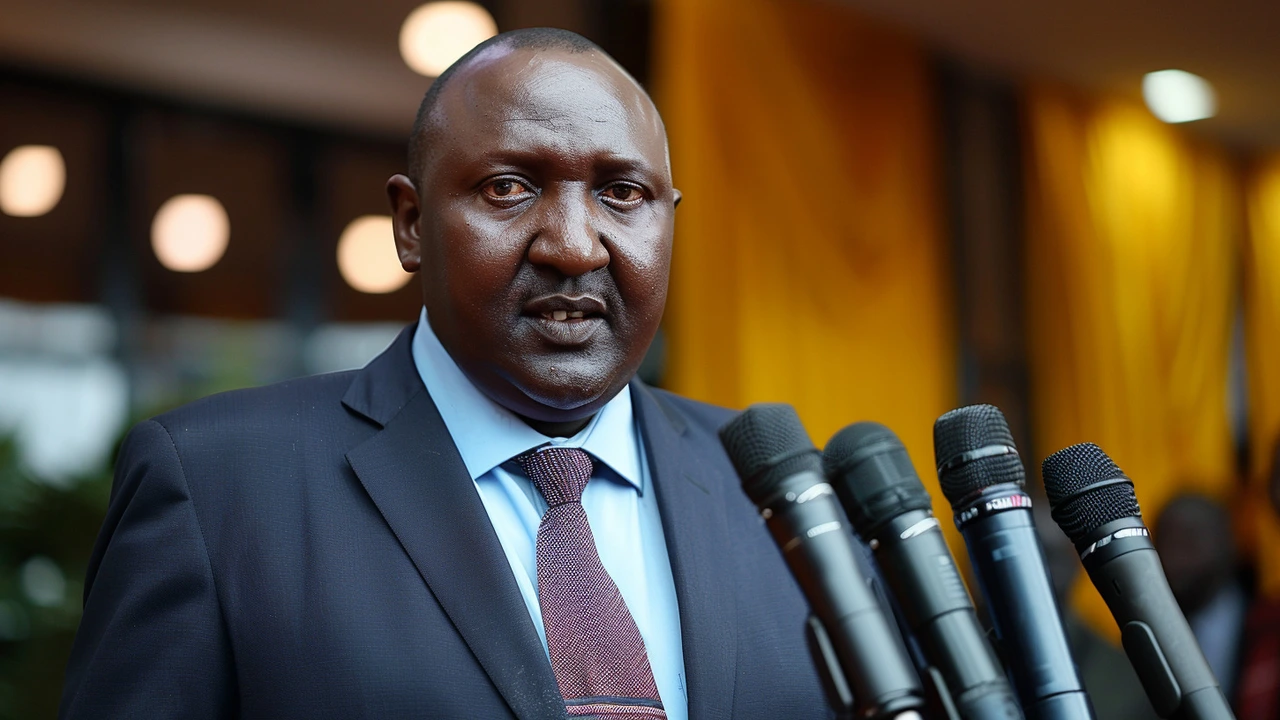

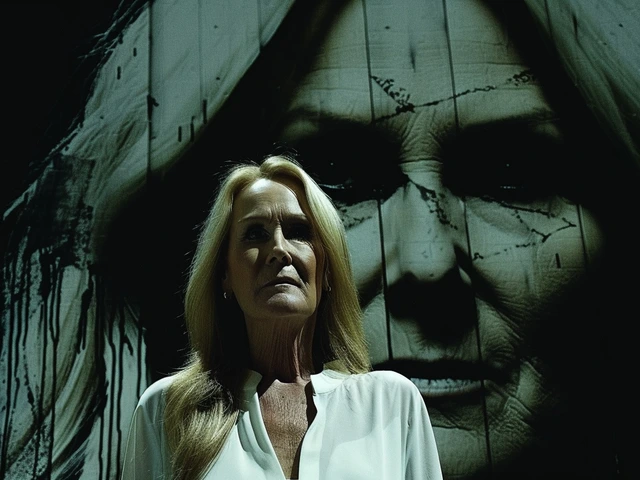
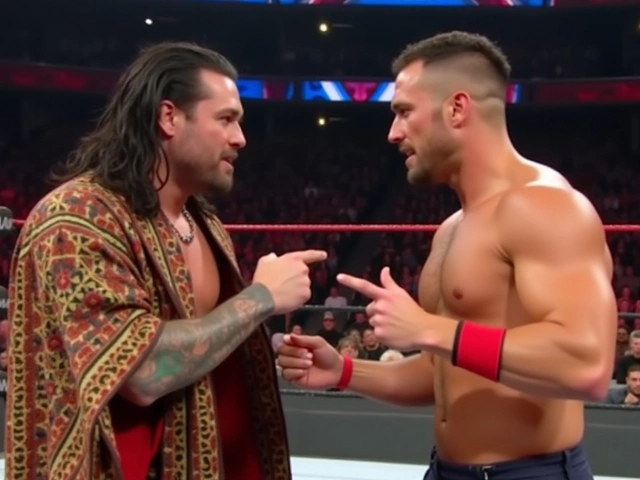



Alastair Moreton
July 22, 2024 AT 20:12 PMNice try, but the Ruto crew keeps tripping over their own legal landmines.
Surya Shrestha
July 30, 2024 AT 11:09 AMIt is, undeniably, a profound illustration of the judiciary's unwavering resolve; a testament, moreover, to the constitutional safeguards that, in theory, should govern executive overreach; consequently, one must, with measured deliberation, acknowledge the intricate interplay between legal precedent and political ambition.
Rahul kumar
August 7, 2024 AT 02:06 AMHey folks, just a heads up that Kenya's courts have been super busy this year, and most of these rulings actually follow the same procedural steps-notice the petition filing, the hearing, then the judgment. If you're wondering why the UHC plan got knocked down, it's because the law didn't follow due process, which is a classic case of a bad draft; the govt should definitely tighten up the legislative vetting, otherwise they're just opening themselves up to more legal challenges. Definately keep an eye on any new bills, they might get blocked again if they skip the proper checks.
mary oconnell
August 14, 2024 AT 17:02 PMAh, the eternal dance of institutional reflexivity, where the judiciary waltzes around executive exuberance-how delightfully predictable in its own meta‑political choreography. One might say the checks and balances are less a safety net and more a relentless echo chamber for bureaucratic self‑validation, truly a marvel of constitutional theater. Sarcastically, kudos to the courts for keeping the drama alive while the public watches the spectacle unfold.
Michael Laffitte
August 22, 2024 AT 07:59 AMWow, that's some serious grit from the Ruto team, trying to push through despite every legal roadblock. It's like watching a drama series where the hero refuses to quit even when the plot keeps twisting. Keep the hope alive, maybe the next chapter will finally get a green light.
sahil jain
August 29, 2024 AT 22:56 PMLet's keep the momentum going, everyone! The courts may be throwing curveballs, but together we can turn obstacles into stepping stones :) Stay focused and keep demanding transparency.
Bruce Moncrieff
September 6, 2024 AT 13:52 PMLook, the whole situation is a reminder that policy without solid legal footing is just a house of cards, so the administration really needs to double‑check every clause before launching a new initiative. It's all about building a resilient framework, not just quick wins, and that kind of diligence will save a lot of headaches later on.
Dee Boyd
September 14, 2024 AT 04:49 AMFrom an ethical standpoint, the repeated attempts to sidestep constitutional limits reveal a troubling moral decay within the executive, effectively eroding public trust and undermining the very principles of good governance. Such actions cannot be dismissed as mere administrative errors; they constitute a systematic breach of democratic norms that must be called out and rectified.
Carol Wild
September 21, 2024 AT 20:12 PMIt is, without a shadow of doubt, evident that the series of judicial interventions against the Ruto administration constitutes not merely a set of isolated legal hiccups, but rather a coordinated campaign orchestrated by shadowy forces seeking to destabilize Kenya's political equilibrium.
The timing of each court decision, coinciding seamlessly with the government's most ambitious policy rollouts, raises the specter of a clandestine agenda operating behind the curtains of the nation's democratic institutions.
Moreover, the pattern of quashing appointments, nullifying health initiatives, and stalling debt audits suggests a deliberate strategy to sow chaos and undermine the credibility of any executive action.
Observers have long warned that such manipulations are characteristic of a deep‑state apparatus intent on preserving its own privileges at the expense of the populace.
The high court's interdiction of water cannons and tear gas, while ostensibly a triumph for civil liberties, also serves as a convenient pretext for activist groups aligned with foreign interests to infiltrate domestic discourse.
One cannot ignore the fact that the same legal scholars who champion these rulings have historically received funding from overseas NGOs with a vested interest in reshaping Kenya's socioeconomic landscape.
Consequently, each legal setback is less a pure judicial assessment and more a calculated move in a grander geopolitical chess game.
The nullification of the Universal Health Coverage plan, for instance, conveniently halts a policy that would have reduced reliance on private health insurers, thereby preserving the profit margins of entrenched medical conglomerates.
Similarly, the suspension of the public debt audit conveniently shields a network of opaque financial dealings that have been quietly inflating the national deficit.
It is also worth noting that the very judges presiding over these cases have previously expressed ideological sympathies that align suspiciously with the narratives promoted by international watchdogs.
Such coincidences are too striking to be dismissed as mere happenstance, pointing instead to an underlying collusion that threatens the sovereignty of the Kenyan state.
Citizens, meanwhile, are left bewildered as each promise of reform is systematically eroded by a labyrinth of legal technicalities that appear designed to confuse and demoralize.
The cumulative effect of these maneuvers is a pervasive sense of helplessness among the electorate, fostering an environment ripe for dissent and, ultimately, destabilization.
In light of these observations, it becomes imperative for vigilant observers to scrutinize not only the content of the court rulings but also the hidden motives that may be steering them.
Only through a relentless pursuit of transparency and an unwavering commitment to uncovering the true architects of this legal onslaught can the nation hope to reclaim its democratic agency.
Until such revelations surface, the specter of a covert power struggle will continue to loom over Kenya's political horizon, casting a long, ominous shadow over any future attempts at governance.